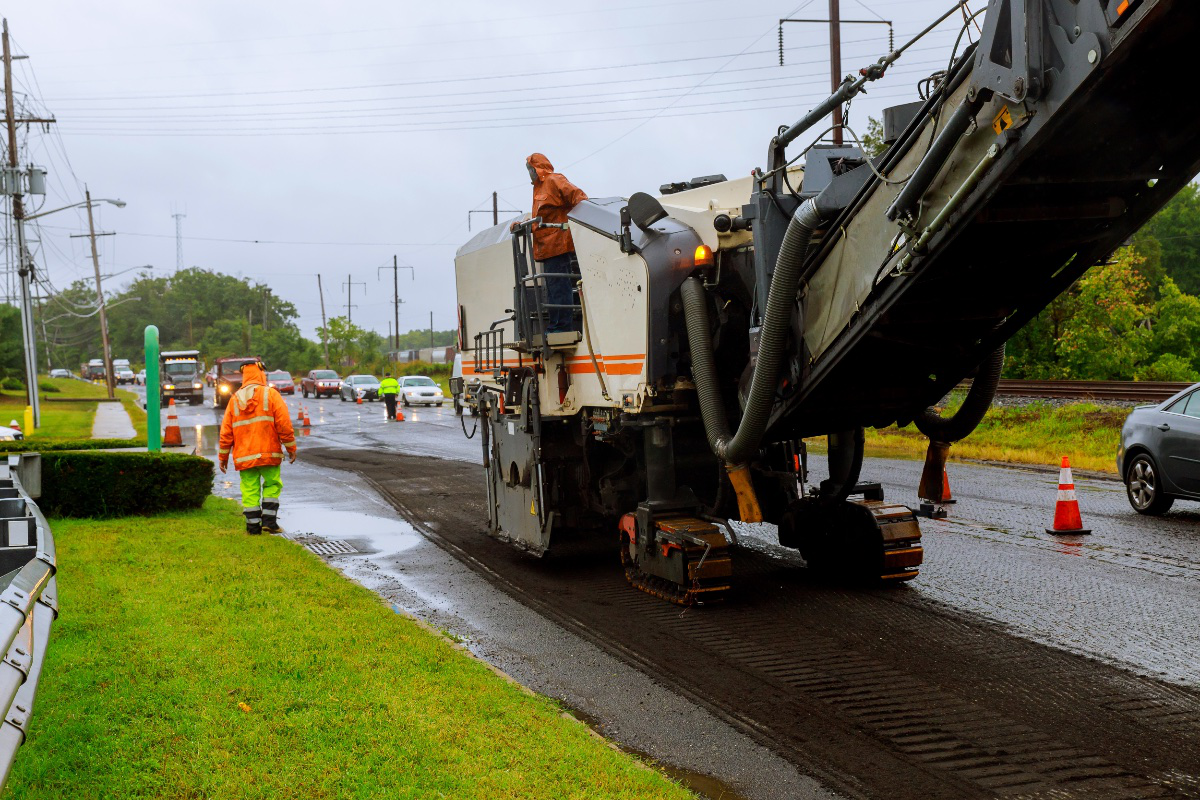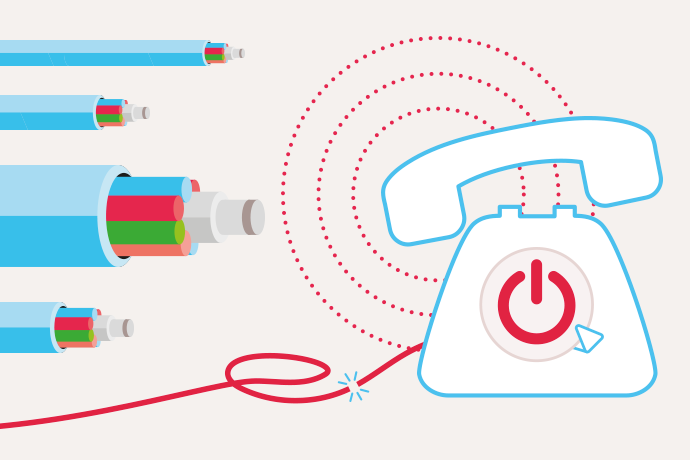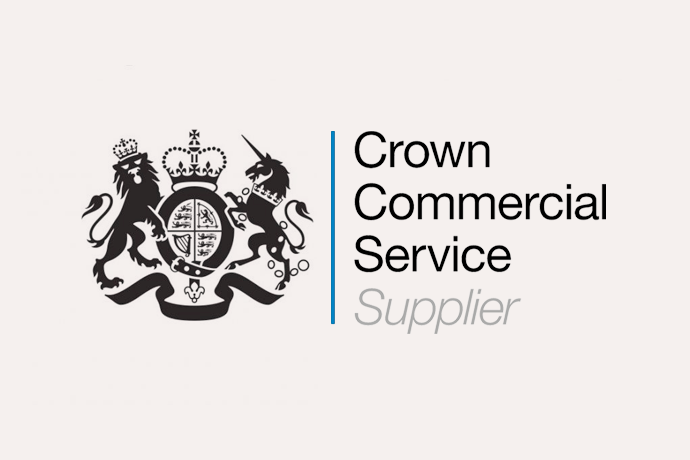Cart Total
$0.00
-
Your shopping cart is empty
Loading

Hello! Log in Your Account
New customer? Start here


|
3 min read
Contents
Quick Summary
Ofcom continues to roll out fibre networks infrastructure to replace copper telephone lines. Here's what that means for your business.
“As our demand for data continues to accelerate, the UK’s infrastructure urgently needs an upgrade.”
Ofcom’s latest rulings mark the move to a complete fibre optic network infrastructure in the UK as part of their ongoing plan to bring gigabit internet to the masses. Ofcom Chief Executive, Dame Melanie Dawes, laments that “millions of homes are still using the copper lines that were first laid over 100 years ago.” These ageing copper lines still used to carry telephone calls over the POTS (Plain Old Telephone Service), as well as to transfer data in the last leg of the trip from Exchange to Home in DSL (Digital Subscriber Line) internet connections, are limited in their bandwidth and data transfer rates, especially when compared to fibre optic cable. Fibre cable transfers data at close to the speed of light (literally using flashes of light to transfer data in binary), whilst copper transfers data much more slowly at the speed of electricity.
The new rulings bring new regulation aimed at promoting competition and driving investment in telecoms infrastructure, with third parties driving the expansion of fibre infrastructure rather than ISPs. Once fibre is fully rolled out in a particular area, the copper lines in that area will be steadily deregulated to save Openreach the cost of maintaining two networks simultaneously.
With the adoption of full-fibre and the phasing out of copper, there will be no copper lines over which to maintain the POTS. In other words, the traditional telephone service will be no more and VoIP (Voice over IP) will become the de facto method for conducting telephone calls.
Millions around the world are already using VoIP technology over their data and internet connections to make and receive telephone calls (whether they know it or not). Apps like Skype, WhatsApp and Snapchat have used such technology since their inception.
Even as telecommunications giants like BT and Vodafone come into the fold with their own VoIP services, there exist a number of VoIP and UCaaS (Unified Communications as a Service) providers with a healthy head start in the industry, having spent years offering and innovating with VoIP phone systems already. Rather than slip into plans offered by existing providers, businesses have the opportunity to hunt for their new best business phone system provider, one that offers all of the best features at better costs than one might be used to.
Today, VoIP phone systems and UCaaS platforms offer far more than any analogue phone system or SIP trunk hybrid. Additional services and benefits include video conferencing, secure instant messaging for business and integrations with CRMs, plus VoIP APIs and webhooks that make available the tools necessary for forward-thinking companies to build their own bespoke solutions and features.
The ongoing moves being made by Ofcom, Openreach and BT to phase out copper phone lines in the UK and replace them with high-speed, fibre-optic cable, will improve communications infrastructure for all. Phone systems that currently lean on the old infrastructure must be phased out as well. Rather than a tiresome obligation, businesses should seize this as the opportunity it is to upgrade to a more feature-rich, cost-effective and modern solution in VoIP and Unified Communications technology.


New analogue phone lines are now no longer being sold in the UK. Find out what the end of Wholesale Line Rental means for businesses and why you should transition to new digital VoIP phone lines.
Posted September 5 2023 | 4 min

Yay.com has again been awarded Cloud Software supplier status for 2022 - 2023 on the UK government's G-Cloud 13 Digital Marketplace.
Posted November 21 2022 | 2 min

Our VoIP Reseller experience has been revamped. Completely rebuilt in ReactJS, learn how this and other updates bring you the best in reselling Hosted VoIP services.
Posted April 15 2021 | 3 min

Yay.com launches a major expansion to its business communications service with business instant messaging, an enterprise chat platform.
Posted December 16 2020 | 4 min

Business phone system provider Yay.com partners with Covid-19 mutual aid groups to support coronavirus aid efforts.
Posted May 6 2020 | 2 min